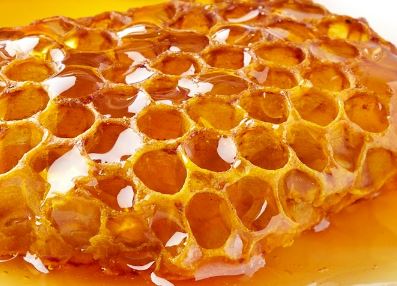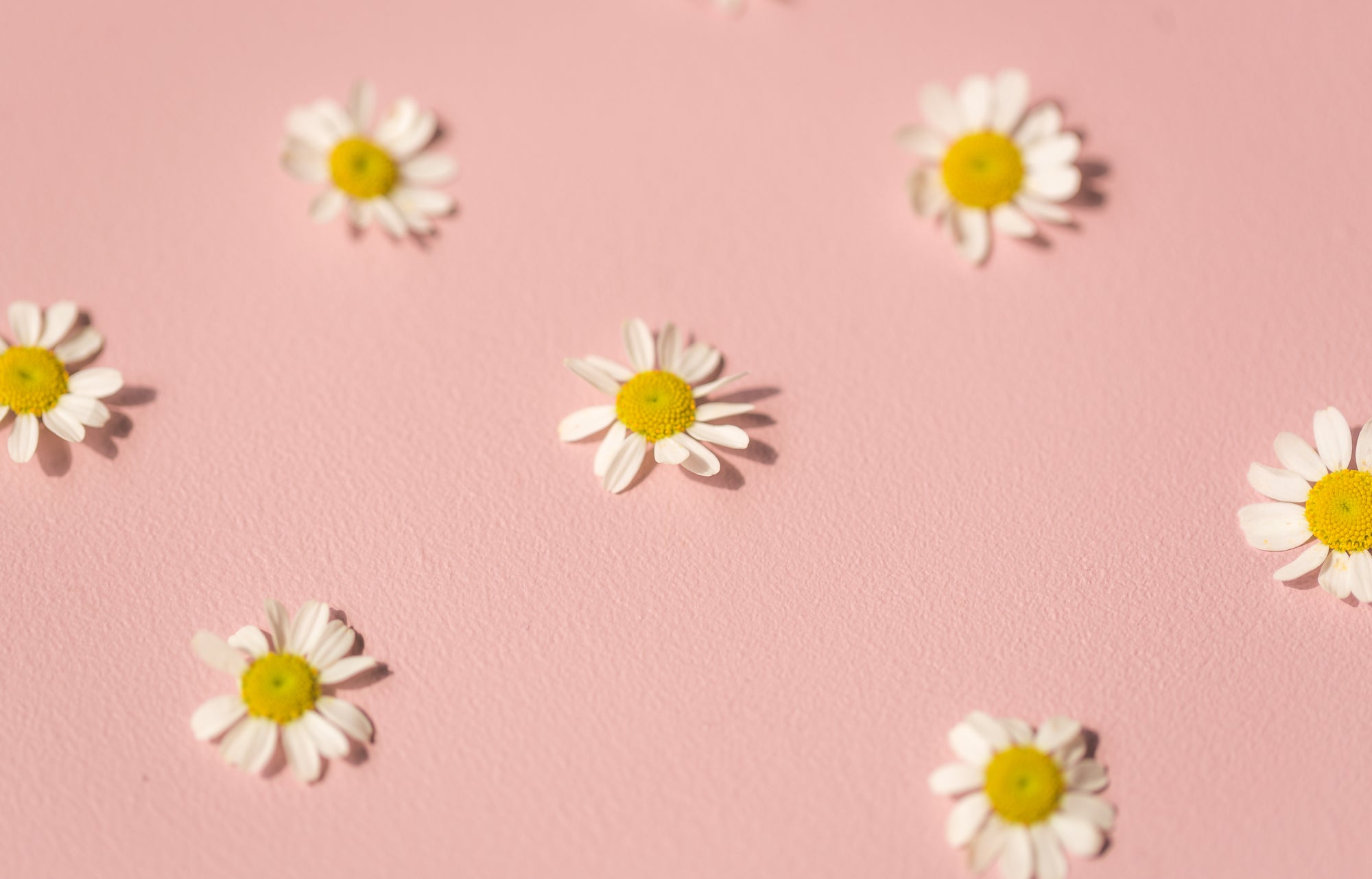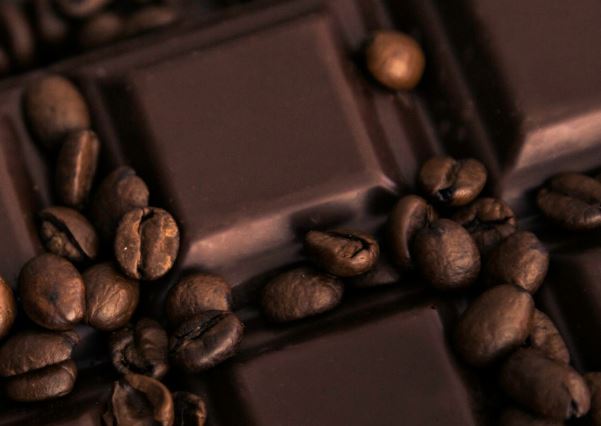This store requires javascript to be enabled for some features to work correctly.
Savor The World’s Finest Coffees
Shop coffeesFor Roasters
Shop nowCoffee Machines & Grinders
Shop NowCoffee Accessories
Shop nowCourses & Workshops
Shop now"Our commitment is not only to the art of roasting but also to cultivating a community of coffee aficionados in Switzerland and beyond"
Isa's Coffee Around The World
Sina Palazzo Sant’ Angelo Hotel, Venice
This is a charming small luxury hotel (SLH) within the center of historical Venice. Typically, Italian hotels are not famous...
Caffè Florian, Venice
Caffè Florian is a coffee house situated in the Procuratie Nuove of Piazza San Marco, Venice. Established in 1720, it is...
Sofitel Legend The Grand Amsterdam
This week I find myself in one of the top luxury hotels in the center of Amsterdam. The hotel is...
Insights
Some information that hopefully will help you enjoy better coffees
Daily Coffee May Benefit The Heart, New Study Says
According to studies being presented at the American College of Cardiology’s 71 Annual Scientific Session, drinking two to three cups...
Extraction - Espresso
When I wake up in the morning, I like to think about what coffee I should start my day with....
Extraction Chemex®
two glass mugs with alternative coffee and chemex The CHEMEX ® coffee maker is an object that perfectly combines functionality and design....
"Savor our exceptional coffee and join us for education, appreciation, and community building around the culture of specialty coffee"














